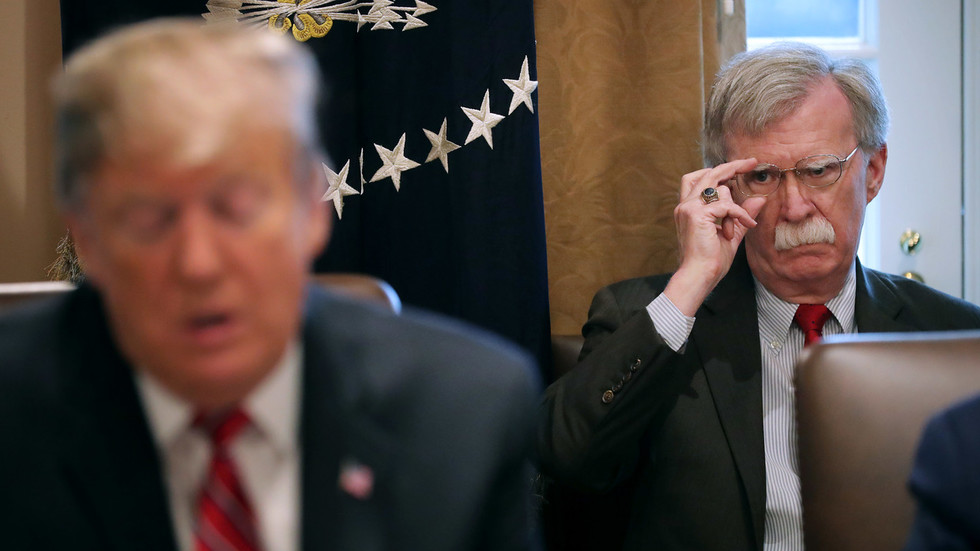In a recent episode of the Joe Rogan Experience podcast, former US president Donald Trump reflected on his time in the White House, specifically addressing what he considered his “biggest mistake”: selecting certain individuals for his administration. Trump, who served as president from 2017 to 2021, expressed that despite believing he had a “great presidency,” he felt that his decisions regarding personnel ultimately hindered greater success. He noted that some of these individuals turned out to be “bad or disloyal” and emphasized that this was a significant error on his part. This self-reflection highlights the complexities of leadership and the impact of team dynamics on governance.
During the podcast, Trump mentioned his regret in choosing individuals aligned with neoconservative ideologies, indicating that some of them proved to be more detrimental than beneficial to his presidency. He specifically pointed to former chief of staff John Kelly, describing him as a “bully” but ultimately “weak.” Kelly’s recent interviews have suggested troubling allegations about Trump’s private comments regarding historical figures like Adolf Hitler, which led Trump’s opponents, including current Democratic nominee Kamala Harris, to portray him as a potential dictator. This narrative underscores ongoing tensions between Trump and factions of the political landscape that view his presidency with skepticism.
Trump’s reflections extend to John Bolton, whom he appointed as National Security Advisor. While Trump acknowledged that Bolton was “an idiot,” he paradoxically noted that Bolton’s hawkish reputation worked in his favor by intimidating foreign leaders. Trump illustrated this point by sharing how other countries reacted to Bolton’s presence during international dealings, fearing potential military aggression as a result. Despite firing Bolton after a series of disagreements over policy direction, Trump has continued to express a mixed view on his former advisor, indicating the complicated relationships that can arise within a political administration.
The controversies surrounding Trump’s personnel choices have sparked ongoing debates about character and loyalty within the ranks of political leadership. In light of John Kelly’s remarks, which Trump has vehemently denied, the former president finds himself contending with narratives that label him as “fascist.” Such accusations have been used strategically by opponents to discredit his political ambitions, particularly as he prepares for another run for the presidency. Trump’s response to these allegations reflects his belief that his approach to leadership is often mischaracterized.
The dynamics between Trump and figures like Bolton and Kelly reveal deeper divisions within the Republican Party. Bolton, while critical of Trump’s approach and suggesting that a second-term Trump could be “dangerous” for America, notably refrained from labeling him a fascist, stating that such a designation requires a coherent philosophy, which he believes Trump lacks. This distinction draws attention to the varying interpretations of Trump’s governance and the contrasting views on foreign policy strategies driving Republican discourse.
The exploration of Trump’s personnel decisions serves as a microcosm of broader political sentiment regarding leadership integrity and loyalty. As the former president navigates the remnants of his administration and weighs the implications of past choices, the discourse surrounding his potential return to power raises critical questions about governance, accountability, and the future of the Republican Party. The reflections and criticisms from both sides of the aisle portray a complex tableau of contemporary American politics, marked by deeply entrenched divisions and ongoing debates regarding the nature of effective leadership.

